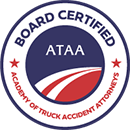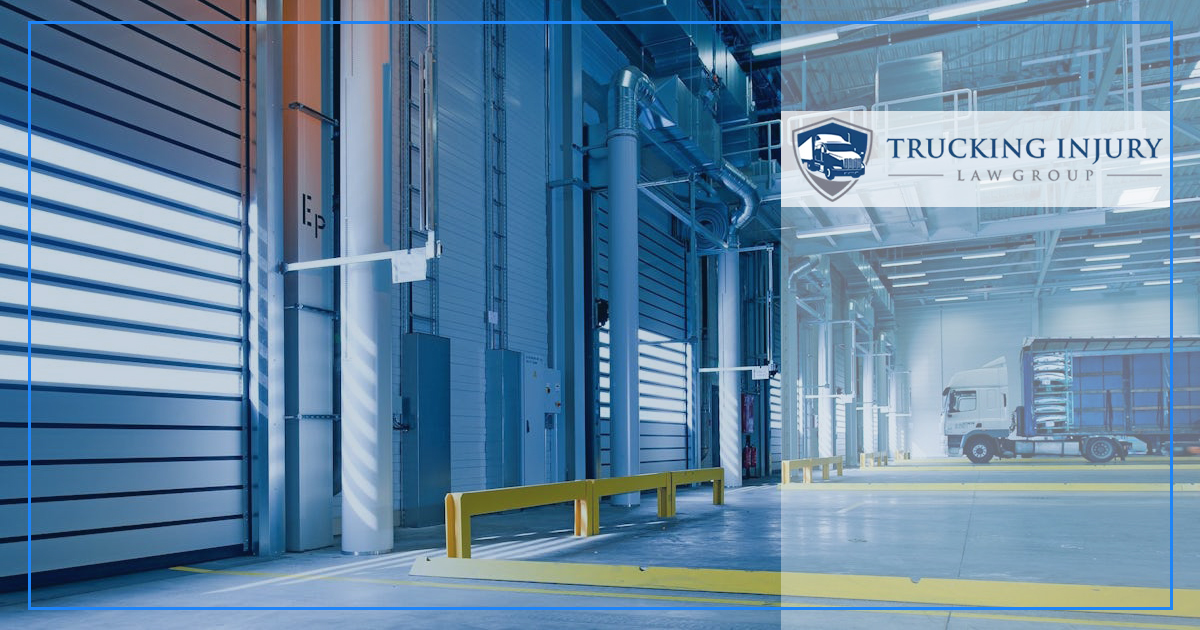How Often Must Trucking Companies Inspect Their Fleets?
According to the Federal Highway Administration (FHWA), 13.8 million combination and single-unit trucks with two axles and six tires (or more) were registered here in the U.S. in 2021.
While some of these numbers overlap, it’s clear that our roads see a lot of use from commercial fleet vehicles and large trucks every day.
Trucks often travel long distances for each trip they take, and it’s imperative to the safety of the drivers and other road users that these commercial vehicles are maintained properly. This begs the question:
How often must trucking companies inspect their fleets? We’ll explain more in this post.
Federally Mandated Inspection Requirements for Commercial Trucks
The Federal Motor Carrier Safety Administration (FMCSA) has longstanding established regulations that determine what the maintenance requirements are for commercial vehicles and how frequently inspections should occur.
Different trucks require different levels of maintenance and inspection, depending on the type of cargo a truck carries and if a truck is operated by an intermodal equipment provider (IEP).
According to federal code 396.3, every motor carrier (trucking company) must systematically inspect, repair, maintain, or cause to be systematically inspected, repaired, and maintained all motor vehicles subject to its control. This means that every trucking company must ensure that a full inspection of the entirety of a truck’s system is performed, whether the company performs the inspection in-house or hires out.
FMCSA requires a commercial vehicle inspection to be performed once every 12 months and drivers of commercial vehicles must carry current proof of inspection for up to 14 months.
If a truck doesn’t pass inspection, or if a driver has an out-of-date inspection, both the driver and the trucking company may suffer fines or legal action, especially if an accident occurred due to failed truck parts or improper maintenance.
Preventative Maintenance for Commercial Vehicles
If you own or operate a personal vehicle, you know to take your car in for an oil change and preventative maintenance periodically. Commercial vehicles are no different. While a full inspection of a big rig is only required once a year, every aspect of a commercial truck must be checked and maintained in the following areas:
- Transmission fluids
- Engine oil and filters
- Tire and suspension systems
- Cooling systems
- Air filters
- Fuel filters
- Electrical system
- Exhaust system
- Braking system
An additional inspection of a truck’s lighting system, including headlights, taillights, and turn signals, must be performed every two years.
Pre- and post-trip inspection checklists are also required for every commercial vehicle before a driver gets out on the road and after a day’s drive. These inspections usually take 45 minutes or less, and each driver is required to keep copies of these driver vehicle inspection reports readily on hand at all times.
Inspections for Special Operations or Older Trucks
Certain types of trucks require extra maintenance to ensure that they meet safety and handling guidelines. Hazardous material trucks must have the proper equipment installed and correctly maintained for the safe transportation of hazardous materials and dangerous substances.
Refrigerated trucks must have their refrigeration systems regularly checked to prevent products from being spoiled and to maintain the efficiency of the system.
Older vehicles are often more difficult to keep properly maintained and are more prone to wear and tear as the vehicle itself ages. Companies with older vehicles must perform more regular inspections, replace worn-out parts, and invest in upgrades to ensure that these vehicles remain safe out on the road.
What Happens When a Commercial Truck Fails Inspection?
If a trucking company neglects to maintain proper inspections of their vehicles, it often leads to dangerous accidents. Brakes that malfunction or worn tires that blow out can cause disastrous rear-end truck collisions or deadly tractor-trailer rollovers.
Additionally, when improperly maintained parts break, it can cause shipment delays that lead to financial losses for many businesses.
Alongside the issues mentioned above, the FMCSA is strict when it comes to penalties for non-compliance with federal regulations. If a trucking company fails to maintain its fleet, it may be fined, and in some cases, its authority to operate may be revoked.
Frequent and proper inspection and maintenance of commercial vehicles is important not only for the truck drivers and the companies they work for but for all other drivers on the road as well. The FMCSA has regulations and requirements put in place for a reason, and when trucking companies neglect to follow the rules, you shouldn’t have to pay the price for their mistake.
If you’ve had the misfortune of being involved in a collision with a truck or other commercial vehicle due to maintenance concerns, know that the Trucking Injury Law Group is here to help.
We have the experience you need to file a case against a fleet company, and we offer free initial consultations.






